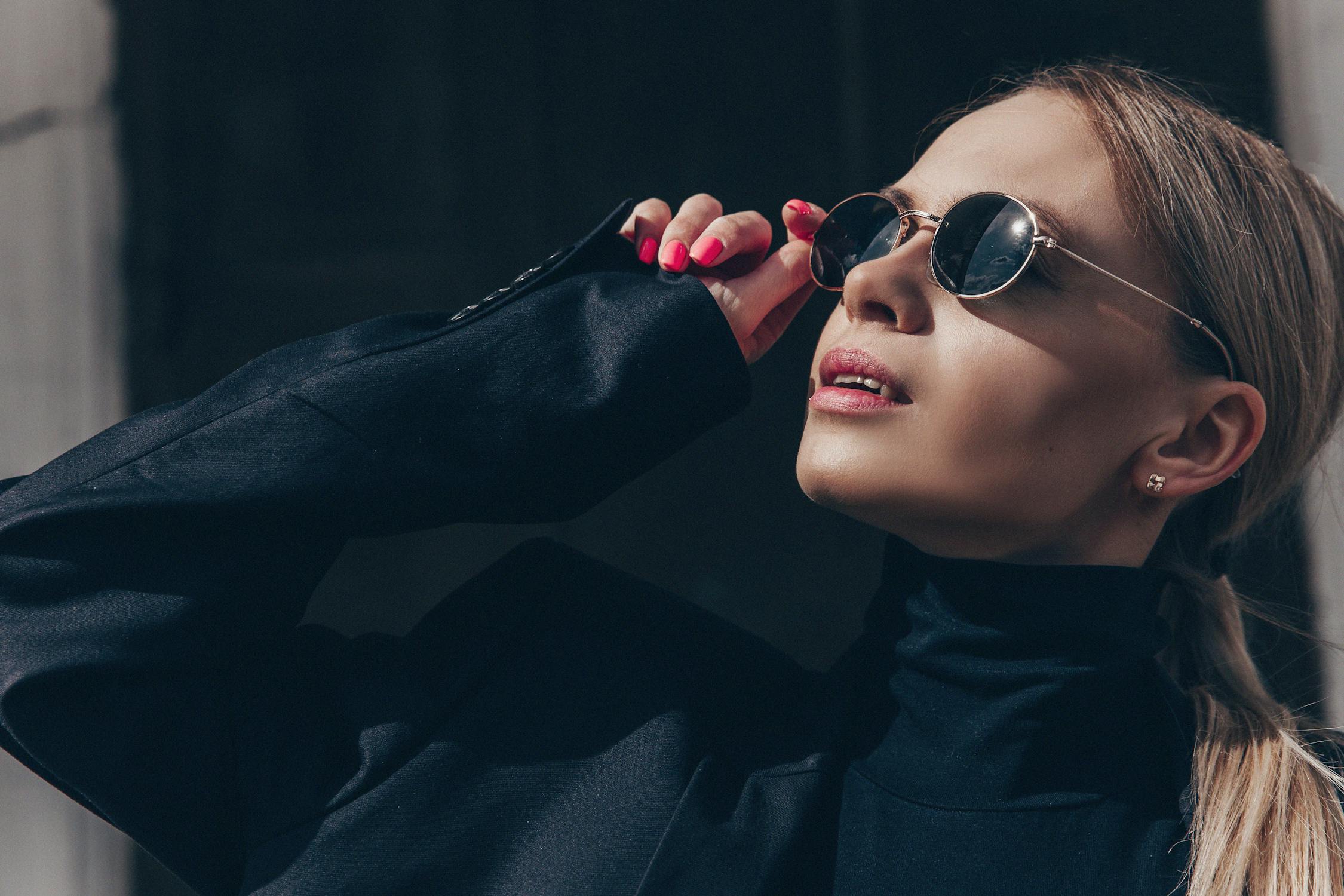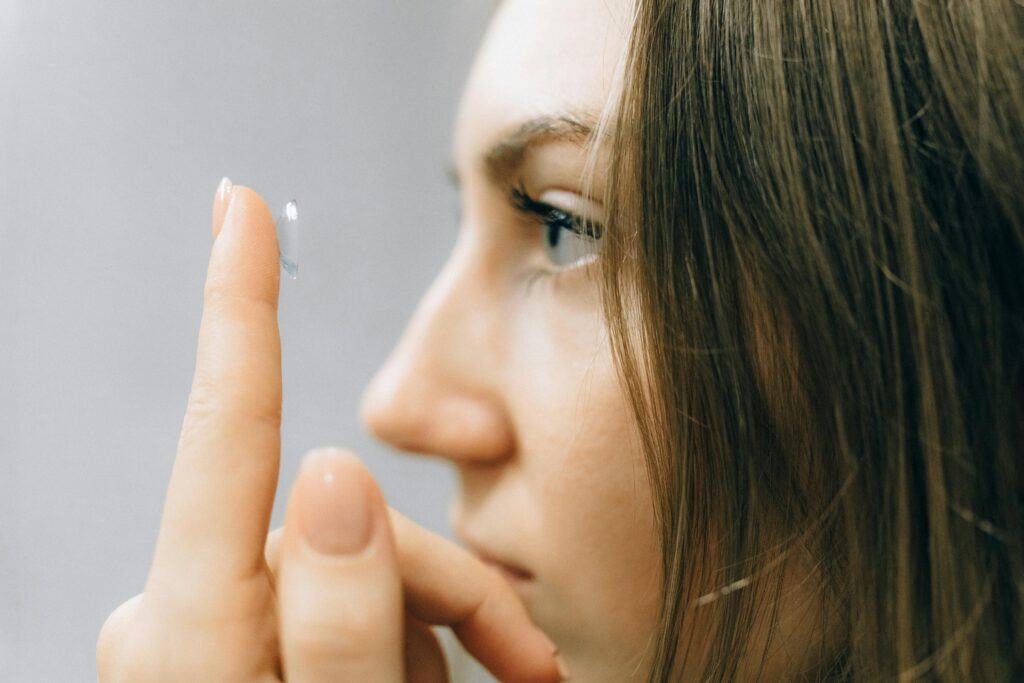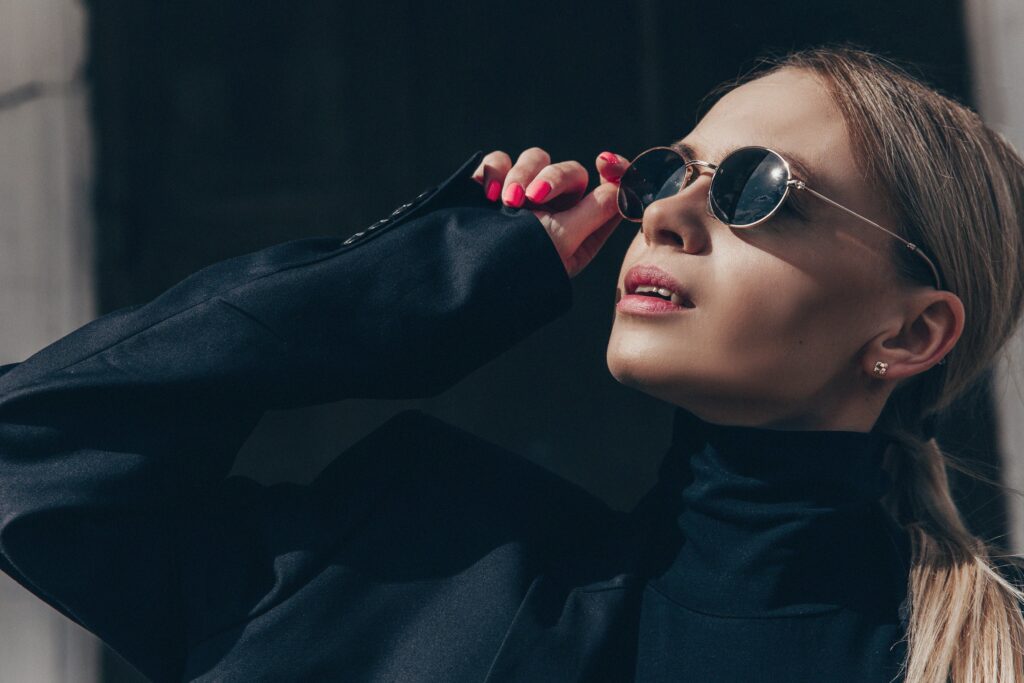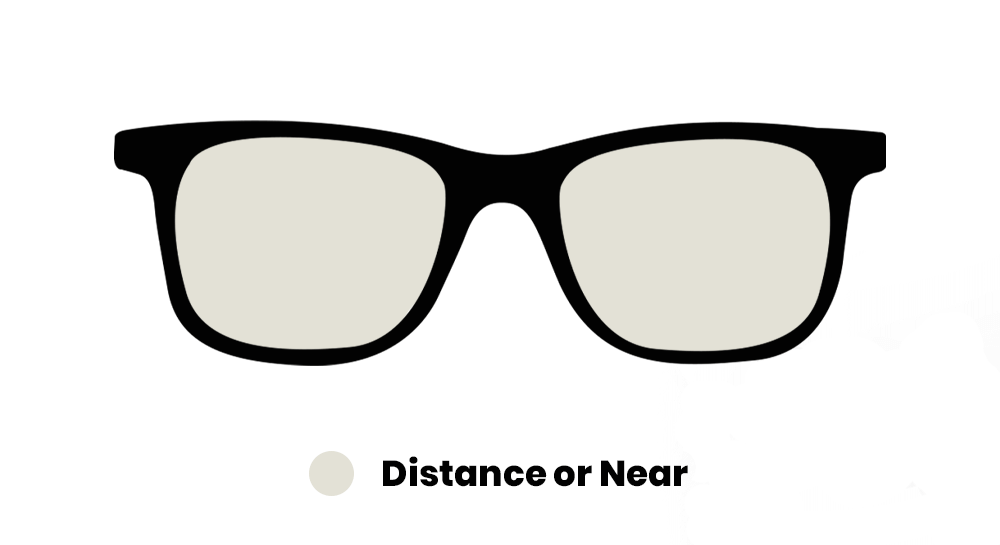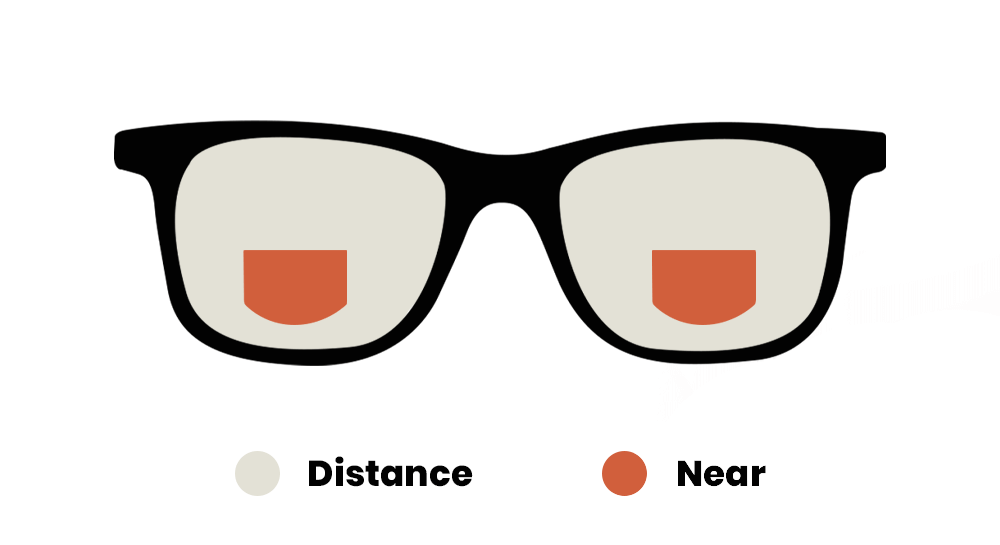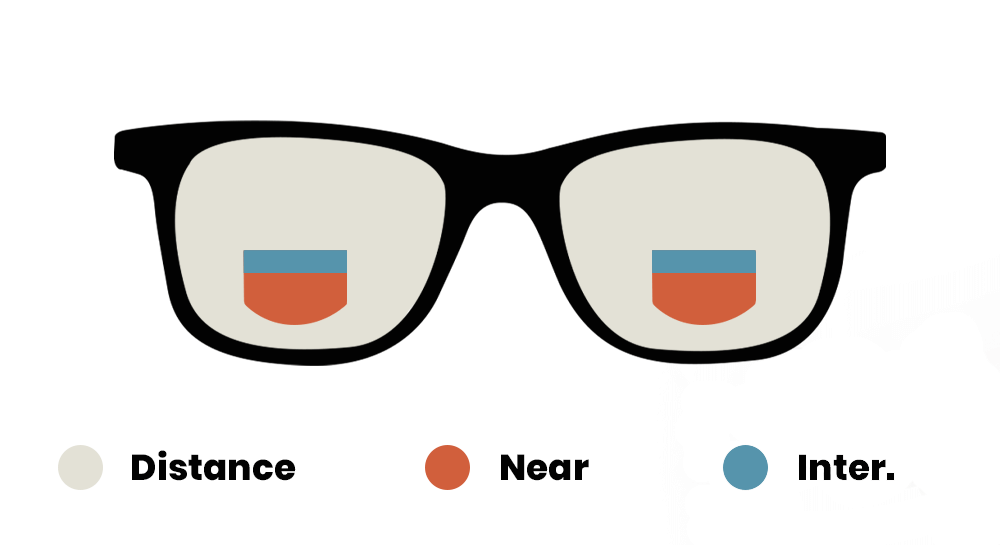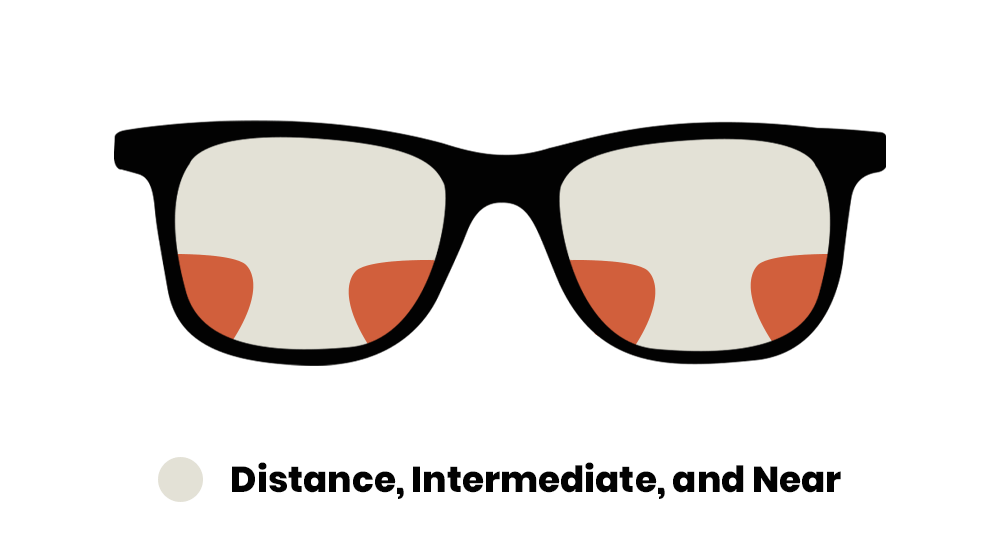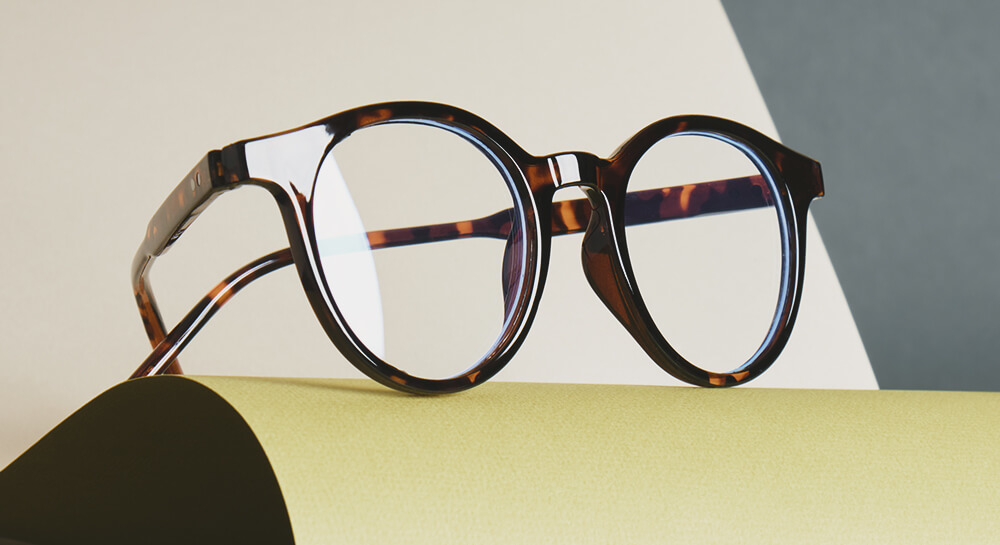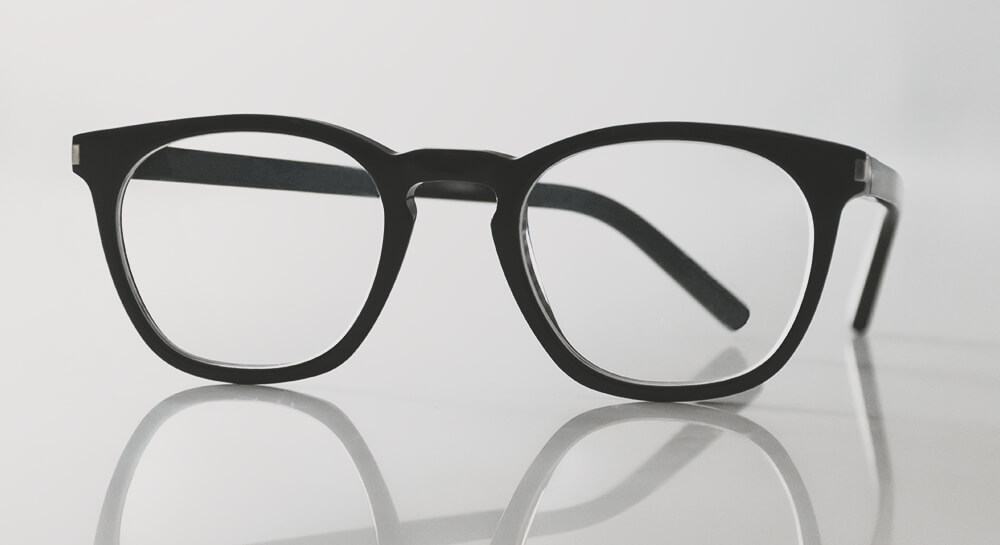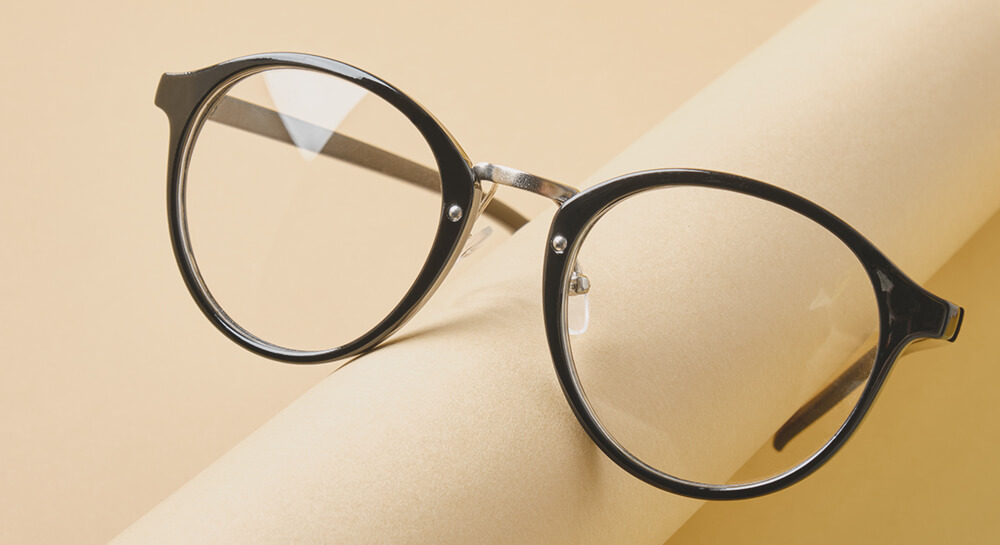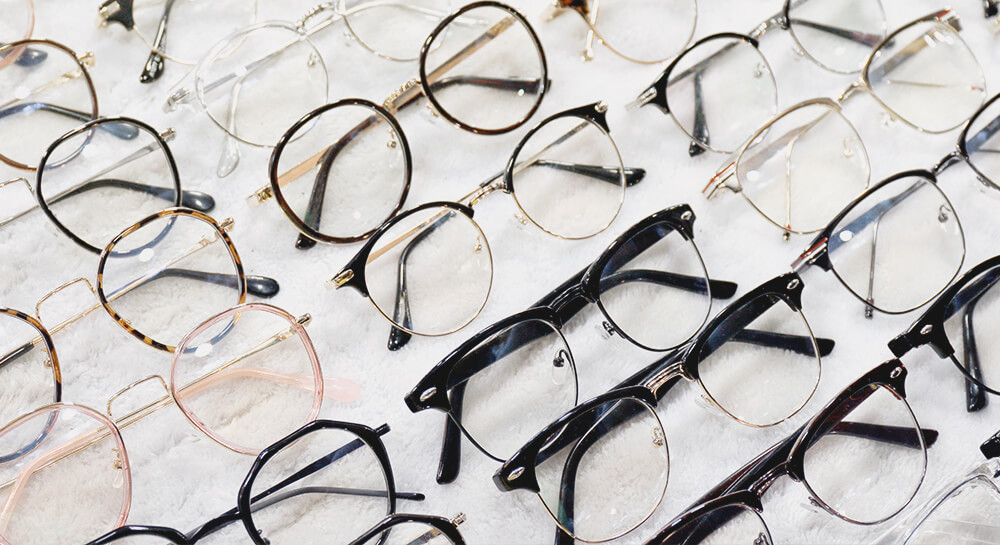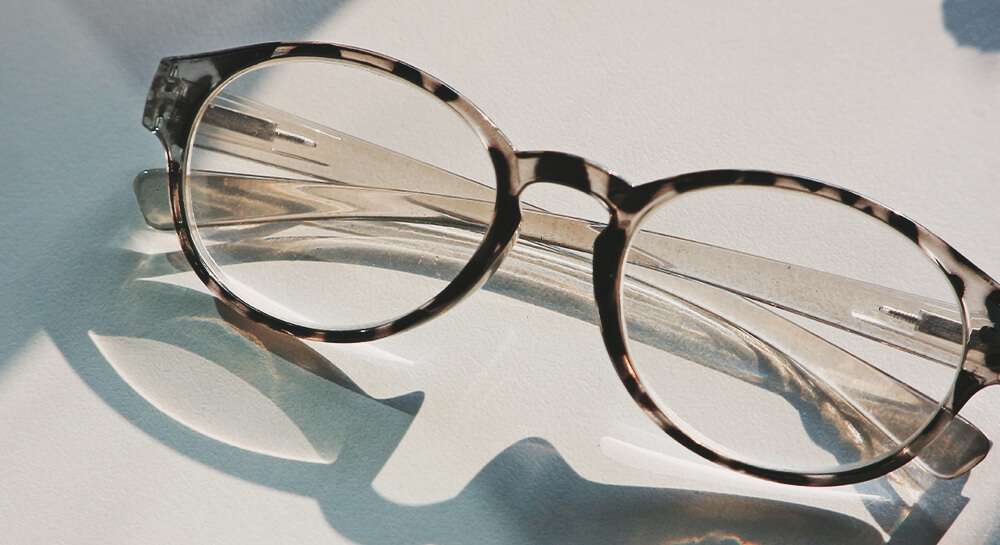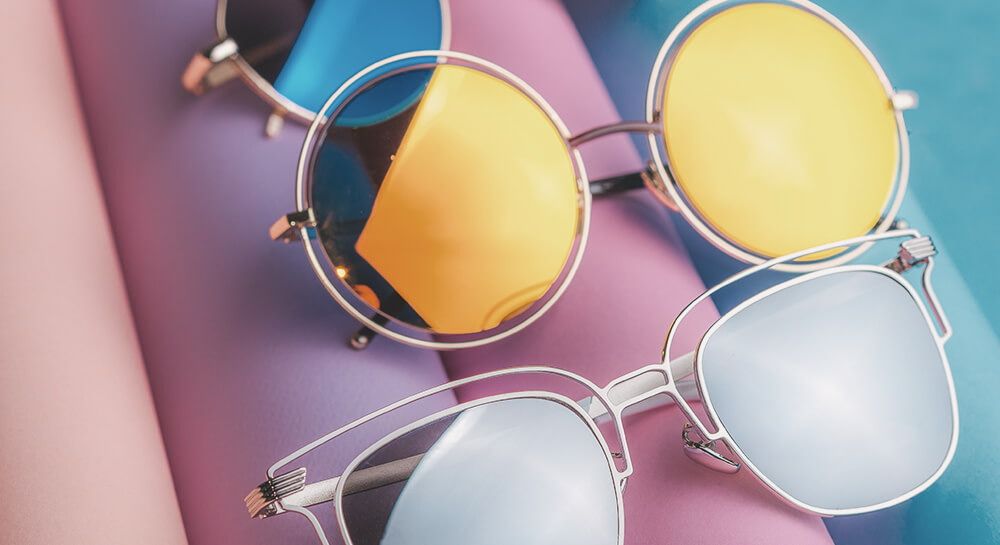As the days get longer and sunnier, many of us are eager to spend more time outdoors. Spring is a great time to soak up some fresh air, but it also brings increased exposure to ultraviolet (UV) rays. Most people associate UV rays with skin damage, but they can have a serious impact on your eyes too.
As eye doctors, we see the effects of UV damage more often than you’d think. The good news is that it’s preventable. With a few simple habits and the right pair of sunglasses, you can keep your eyes healthy while enjoying the season.
Why UV Protection Matters for Your Eyes
Why is UV protection important for eyes?
UV protection is important for your eyes because prolonged exposure to ultraviolet (UV) rays can lead to serious eye conditions, including photokeratitis, cataracts, macular degeneration, and abnormal growths on the eye’s surface. UV damage is cumulative, meaning it builds up over time (even on cloudy days) making early and consistent protection essential.
Eye conditions caused by UV rays include:
-
Photokeratitis – a painful eye sunburn causing redness and light sensitivity
-
Cataracts – clouding of the eye’s lens that impairs vision over time
-
Macular degeneration – a leading cause of vision loss from long-term damage
-
Pinguecula and pterygium – abnormal tissue growths from sun and wind exposure
Just like with skin, eye protection works best when it starts early and remains consistent.
Sunglasses: Not Just a Fashion Statement
Sunglasses are your first line of defense, but not all sunglasses are created equal. It’s not about how dark the lenses are…it’s about whether they’re actually blocking harmful UV rays.
What to look for in UV-protective sunglasses:
-
100% UV protection (or “UV400” on the label)
-
Oversized or wraparound lenses for full eye coverage
-
Polarized lenses to reduce glare (note: not for UV protection itself)
-
Lens color based on comfort; but grey, brown, or green work best
A common myth is that darker lenses mean better protection. Unfortunately, dark lenses without UV filters can actually cause your pupils to dilate, letting in more UV rays.
Environmental Factors That Increase UV Exposure

Spring doesn’t just bring sunshine, it also creates conditions that can amplify UV exposure.
-
Altitude: The higher you go, the more intense the UV rays due to thinner atmosphere.
-
Reflective surfaces: Water, sand, grass, and even concrete reflect UV rays into your eyes from below.
-
Cloud cover: Up to 80% of UV rays can pass through clouds.
Do clouds block UV rays?
No, clouds don’t fully block UV rays. Up to 80% of UV radiation can pass through cloud cover, making UV eye protection necessary even on overcast days.
Don’t Forget About Kids (or Pets)

Children are especially vulnerable to UV damage because their eyes are still developing. Encourage them to wear sunglasses and hats even during short outings.
If your child wears glasses, consider:
-
Prescription sunglasses
-
Photochromic lenses that darken in sunlight
And yes, dogs can benefit from sun protection too. Light-eyed breeds and dogs with short snouts are more sensitive and may benefit from dog sunglasses when outdoors for long periods.
What About Prescription Wearers?
Wearing prescription glasses or contacts doesn’t mean you have to compromise on UV safety.
Options include:
-
Prescription sunglasses tailored to your vision and sun needs
-
Clip-on or magnetic sun lenses that attach to your regular frames
-
Photochromic lenses (transition lenses) that darken in sunlight
-
UV-blocking contact lenses (note: they don’t protect the entire eye surface, so sunglasses are still recommended)
Spring Eye Care Habits to Keep in Mind
Aside from UV protection, keep these seasonal eye care tips in mind:
-
Allergies: Pollen can trigger itchy, watery eyes. Try antihistamine drops, cool compresses, and consider switching to daily contacts.
-
Dry eyes: Wind and sun can dry your eyes. Use artificial tears and stay hydrated.
-
Routine eye exams: If it’s been more than a year, spring is a great time to schedule an eye checkup.
How to Protect Your Eyes From UV Rays
To protect your eyes from UV rays:
-
Wear sunglasses with 100% UV protection
-
Choose wraparound or oversized frames
-
Add a wide-brimmed hat for extra shade
-
Use UV-blocking contacts or photochromic lenses if needed
-
Keep kids and pets protected outdoors
-
Get regular eye exams to monitor UV-related changes
One Last Thing
Protecting your eyes from UV rays doesn’t mean staying indoors. It just means being smart. Whether you’re gardening, hiking, or enjoying lunch on a patio, the right pair of sunglasses and a few eye-care habits can go a long way.
Your eyes are with you for life. A little protection now helps keep them healthy through every season.






